In her national best seller, “Inclusify,” Stefanie K. Johnson, PhD., tells us why leaders should harness the power of uniqueness and belonging to build innovative teams. Systemic, institutional racism has destroyed lives everywhere and it can no longer work.
This book is for leaders who want to be “Inclusifyers,” those who respect individuals for their uniqueness, make them feel belonged and allow them to thrive. Here are excerpts from my recent interview with Dr. Johnson.
What is one simple step a leader can do to be an Inclusifyer today?
If I had to start one place I would start with empathy. Have simple conversations with your team and try to understand their experiences. Don’t listen to argue, refute, or one up… listen to learn.
How can one engage in an uncomfortable conversation with someone from a dominant culture?
I like the analogy of headwinds (things that might have slowed you down in life) and tailwinds (things that might have pushed you forward a little faster). We all have both and if you ask people to share their own headwinds and tailwinds as you share your own, they can more clearly see how the playing field is not level.
Corporate America is taking reactionary steps to prove a point to either deny, erase or in some cases accept that systemic institutional racism is a fact. What are your thoughts here?
I see most companies recognizing institutional racism than ever before. The trick is to combine that realization with real action. In fact, it seems worse to me to recognize that there is a problem and still do nothing than just doing nothing. So what can you do? Measure the current rates of diversity (which is numbers) and inclusion (via surveys or other indicators like turnover). Consider benchmarks like graduation rates, aspirational companies, diversity at lower levels of your organization and set goals. Update your pay and performance appraisal systems to include diversity and inclusion outcomes.
What is one suggestion to mitigate the “Old Boys Network” that has truly thwarted (and still is thwarting) opportunities for disenfranchised groups?
Have formalized sponsorship programs. Not just mentoring — sponsorship.
How can millennials, especially young women change the status quo of toxic work cultures, hierarchies, micro-aggressive workplaces and silos?
Realistically, if you have not been Inclusifying in the past, creating an inclusive workplace in a remote world is no more difficult than adding it to your face-to-face interactions. Maybe it is easier because you don’t have to worry about old habits creeping in. Find ways to build belonging for everyone in a way that each person can be themselves. Divide work in more equitable ways and ensure that each person can see that they are an essential and valued member of the team.
You are a big proponent of anonymizing assessments in the recruiting process. But there is a close nexus between recruiters and HR folks especially in corporate America and do you think it will ever happen?
I think it works at the lower levels of the organization. If we are talking about recruiters then it is the recruiter’s job to identify a diverse slate of candidates to the organization. From a diverse slate, we are more likely to hire a member of an underrepresented group.

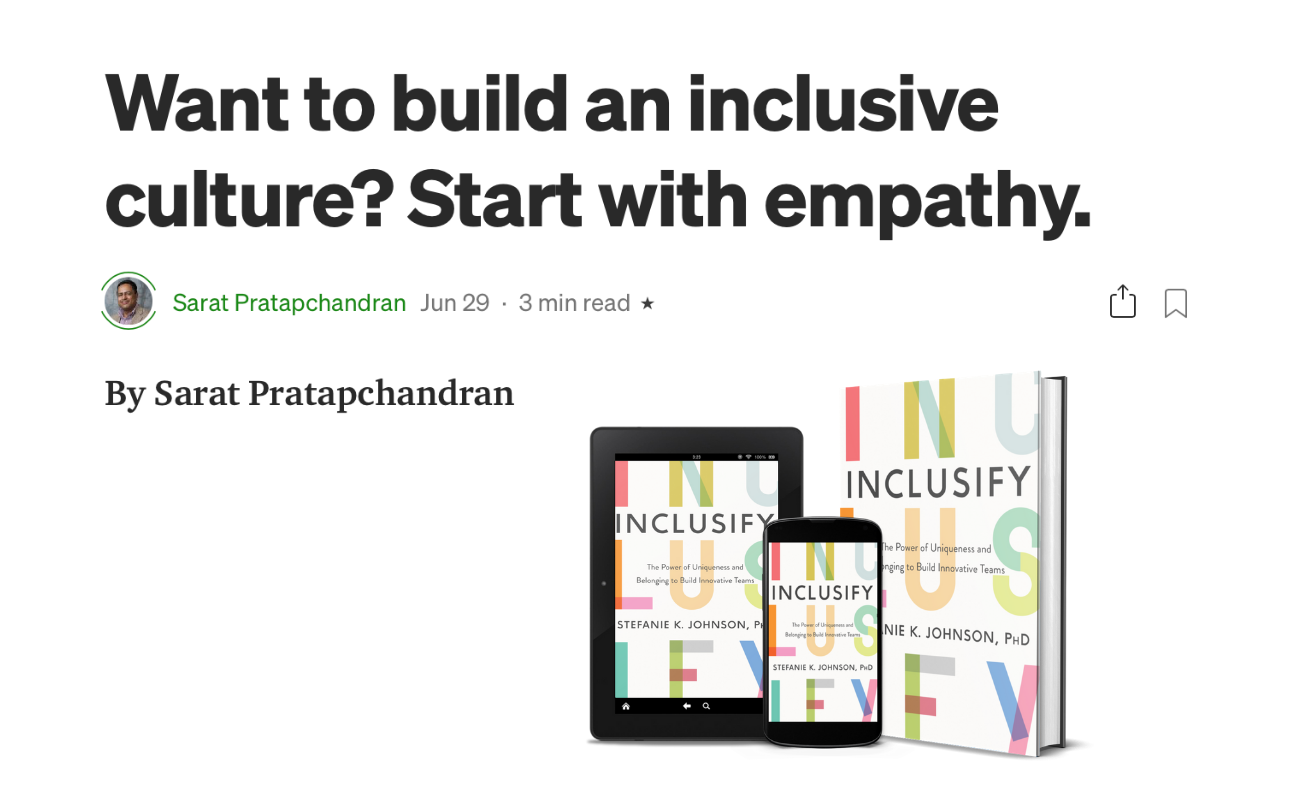
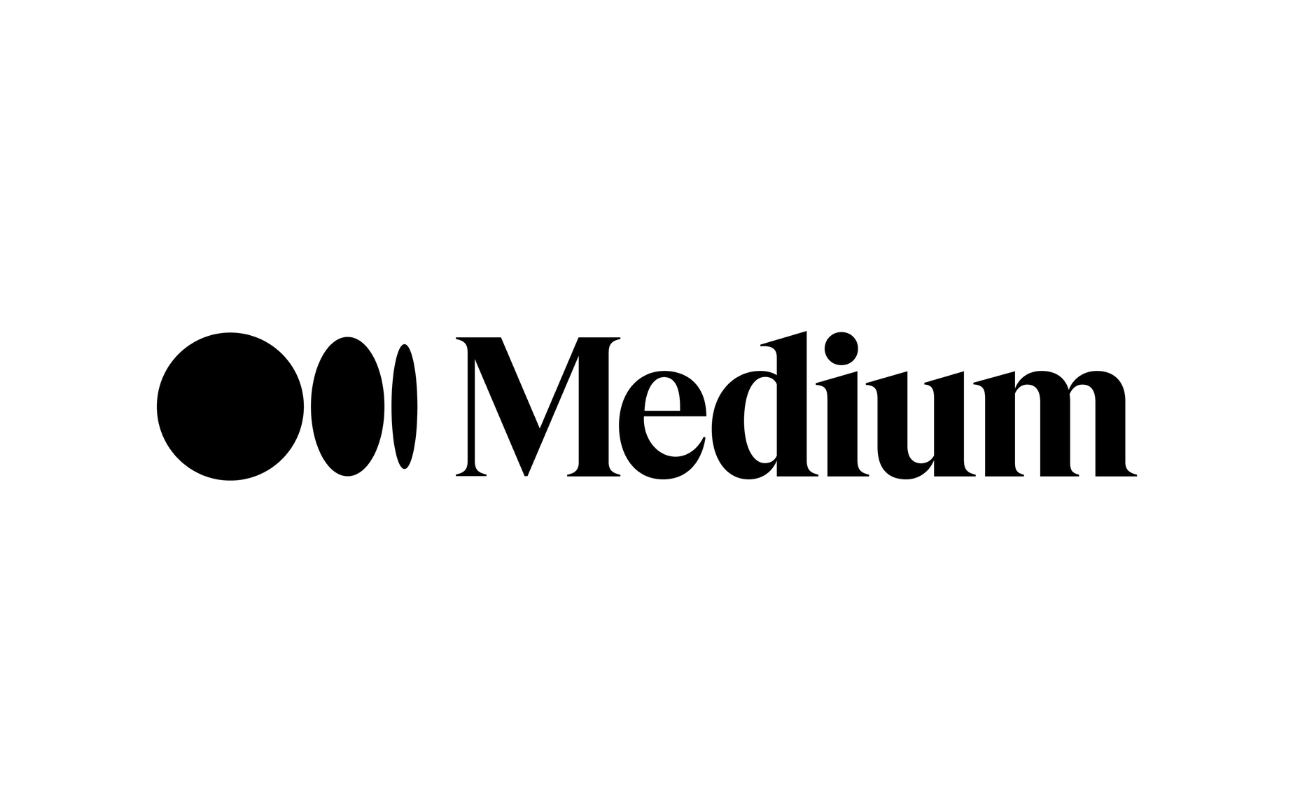
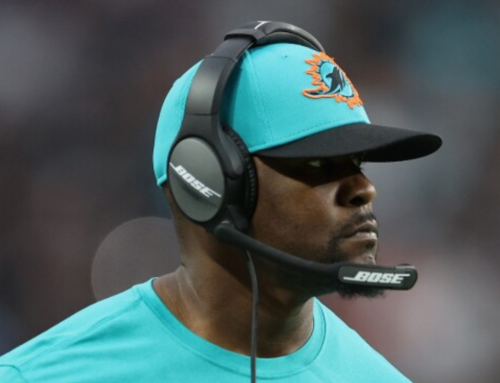
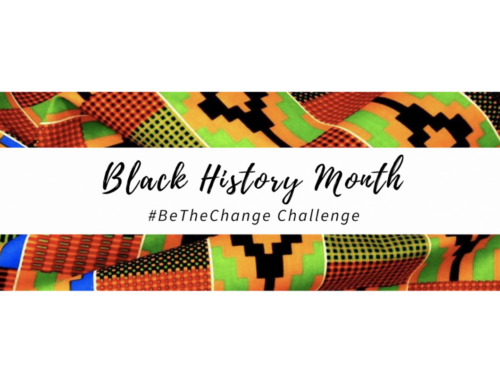


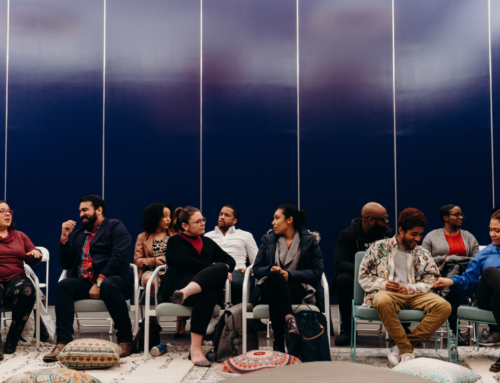



Leave A Comment